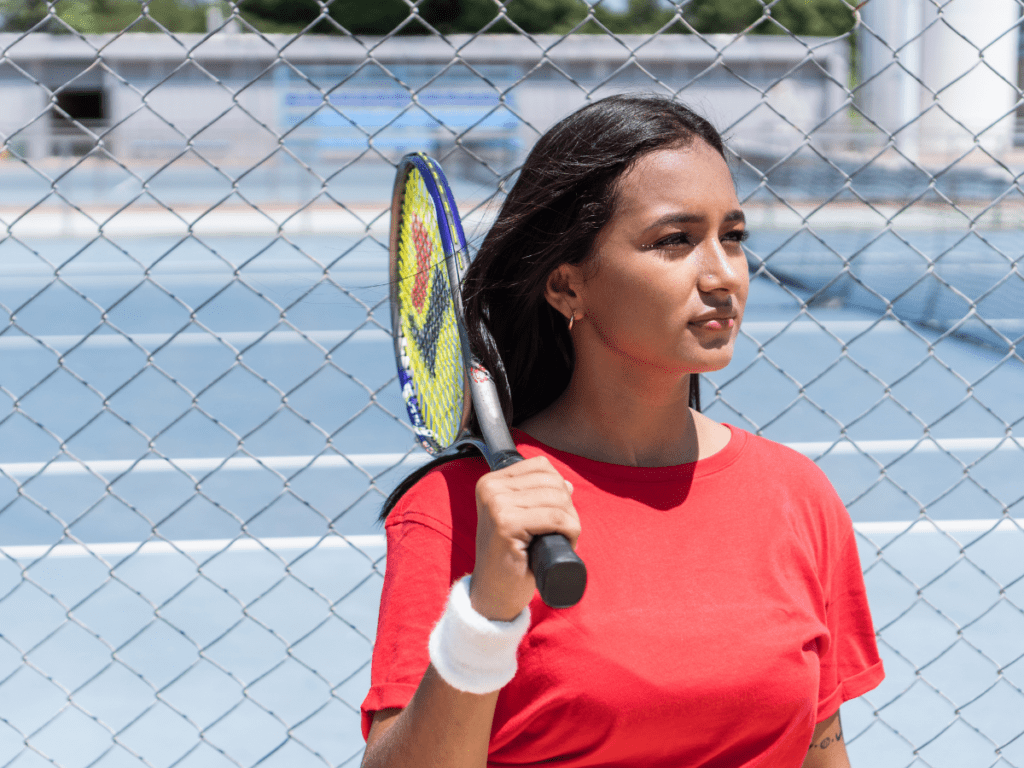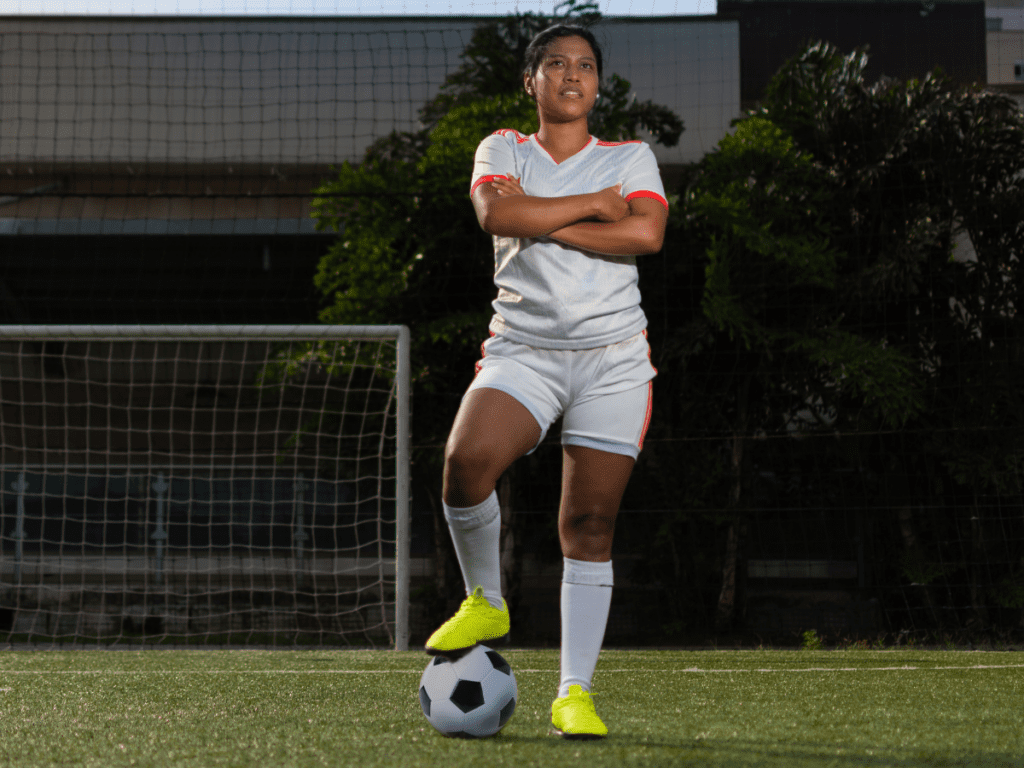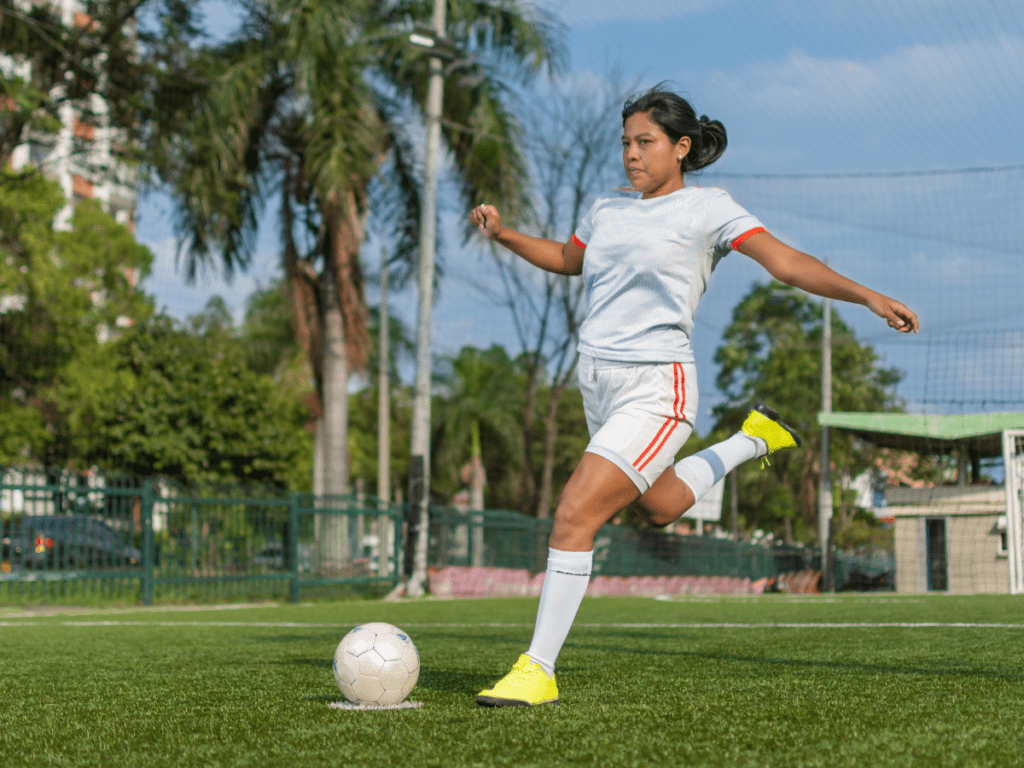Addressing racism in hockey
After an Indigenous teen was the target of racist comments at a minor hockey game in 2019, Hockey Nova Scotia acted quickly. Sixteen months later, Hockey Nova Scotia released its final report and recommendations from the Diversity & Inclusion Task Force. The report outlines 12 recommendations for making minor hockey more accessible and inclusive.
Indigenous youth
Parents and families play an important role in Indigenous youths’ sport and physical activity participation. Involving parents and families in the development and implementation of sport and physical activity programs may be particularly important for increasing the participation of Indigenous youth.
Programs for urban Indigenous youth
Urban Indigenous youth face several barriers when accessing sport and physical activity programs, including experiences of racism and a lack of supportive networks. All-Indigenous programs that prioritize the needs of Indigenous youth and offer opportunities for coaching and mentorship from trained, culturally sensitive leaders may help to reduce these barriers.
Traditional games
Traditional games, which incorporate traditional ways and Indigenous values, provide a unique opportunity to enhance the sport experiences of Indigenous youth. In fact, research shows that engaging Indigenous youth in traditional games can promote cultural pride, interaction with elders and connection to the land, as well as physical literacy and fundamental movement skills.
National Day for Truth and Reconciliation
Today marks Canada’s inaugural National Day for Truth and Reconciliation, an opportunity to recognize and commemorate the legacy of residential schools in Canada. Take some time to learn and reflect by visiting the National Centre for Truth and Reconciliation (NCTR), an online place of learning and dialogue where the truths of residential school victims and…
National Indigenous Peoples Day 2021
June 21st is National Indigenous Peoples Day. Strategies to reduce barriers to physical activity and build capacity in the Canadian sport system are just one part of the Truth and Reconciliation Commission of Canada’s Calls to Action. Common barriers to physical activity in rural, remote, and Indigenous communities include limited access to recreational facilities, wildlife and…
The relocation experiences of aboriginal athletes pursuing sport in Euro-Canadian contexts

View the summary of this research here. Project summary Researchers have documented the importance of sport in the lives of Aboriginal people, emphasizing how it can improve health and wellness. However, there is a lack of knowledge about the cultural issues that affect Aboriginal peoples’ sport participation. This project explored the relocation experiences of Aboriginal…
Barriers to participation in physical activity for Shibogama First Nations

Project summary This research examined the barriers to participation in sport and physical activity for Shibogama First Nations communities in northwestern Ontario. Aboriginal peoples face significant barriers to participation in physical activity in comparison to Euro-Canadians or other minority populations. This collaborative research project qualitatively investigated how sport and physical activity are connected to both…
Building meaningful programs for indigenous youth

Project summary The main purpose of this research program was to help build more meaningful and relevant sport and recreation-based programs for Indigenous youth through the examination of a series of multidisciplinary analyses and case studies (mainly the Promoting Life-skills in Aboriginal Youth [PLAY] program from Right To Play, Project George, and Milo Pimatisiwin from…
Winter drowning risk
Warmer winters contribute to thinner, weaker, and less stable ice. This puts Indigenous communities in northern Canada at increased risk for winter drowning because of their dependence on ice cover for subsistence and travel. Water safety programs that use local cultural and traditional knowledge in dialogue with community stakeholders can empower communities with the capacity…